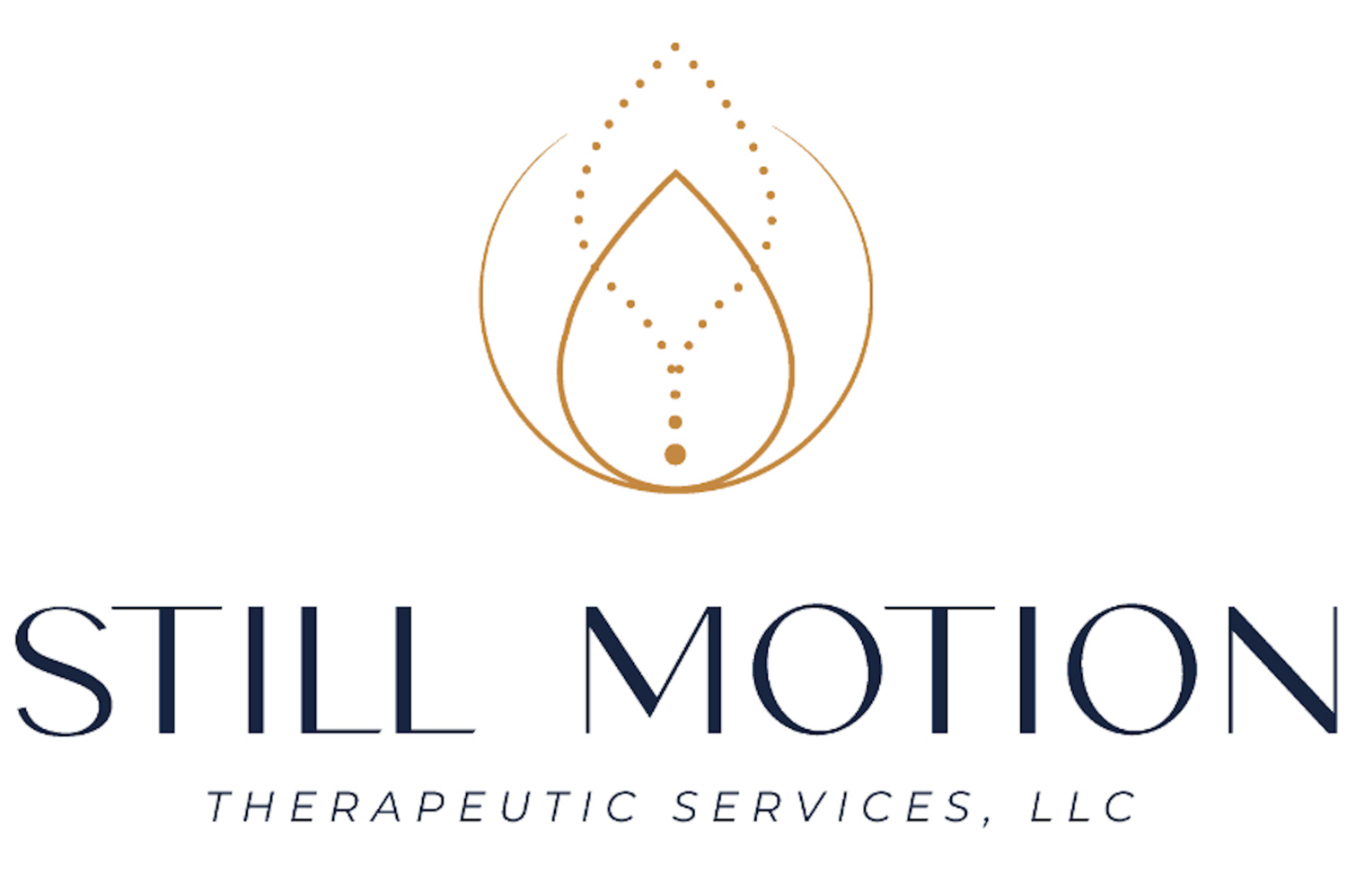Why does the 'gram need to be so insta?
/STOP AND THINK!
What does social media mean to you? How does it make you feel? What thoughts come into your mind as you scroll through your instagram news feed? Are you scrolling through the worlds’ most traveled places? Next top model? Maybe you’re more focused on pop culture. Next movie trailer? Very cinematic, baby.
Social media can be inspirational, motivating and innovative i f y o u l e t i t . . . . .
WARNING! READ WITH CAUTION:
If your view on social media comes from a place of comparison, envy, resentment, shame and defeat - get ready for the ride of your life. From anxiety and depression, to obsession and trauma - - you may literally be creating your own hell. Your take on social media may even cause you to rehash old wounds, force you to relive past hurts, ultimately leading to emotional turmoil. Self-entrapment. Yuck!
YOU HAVE TWO OPTIONS:
A) You can allow yourself to get caught up in the self-loathing, polarized, catastrophic thinking patterns and continue to blame yourself for not being enough.
B) Know that you can free yourself from the prison you put yourself in. You have the key. You don’t need to hold on to that weight anymore.
Follow the tips below to get started on forming a healthy relationship with social media:
Don’t write the narrative - rather than looking at an image and coming up with a narrative for it (negative or positive), look at the image, acknowledge it and then let it pass just as quickly. Let it flow like rain.
Identify to don’t compare with - when you identify with something or someone in an image it becomes easier to foster a healthy relationship with it, solely because of how relatable it is. It’s when we compare ourselves to the image is when the negative thinking patterns start to come into play.
Plan accordingly - consider utilizing social media as a form of networking, collaboration or a 10 minute reward after all of your hard work - find an allotted time to use social media - make it productive and purposeful - don’t let it consume your day and zap every waking hour. What a waste!
Look inward- Ask your self what you want social media to mean for you. What message(s) does your social medial convey? To yourself and to your viewers? Ask yourself, why certain feeds might be triggering for you. How can you re-frame your thinking around that? Perspective is key.




